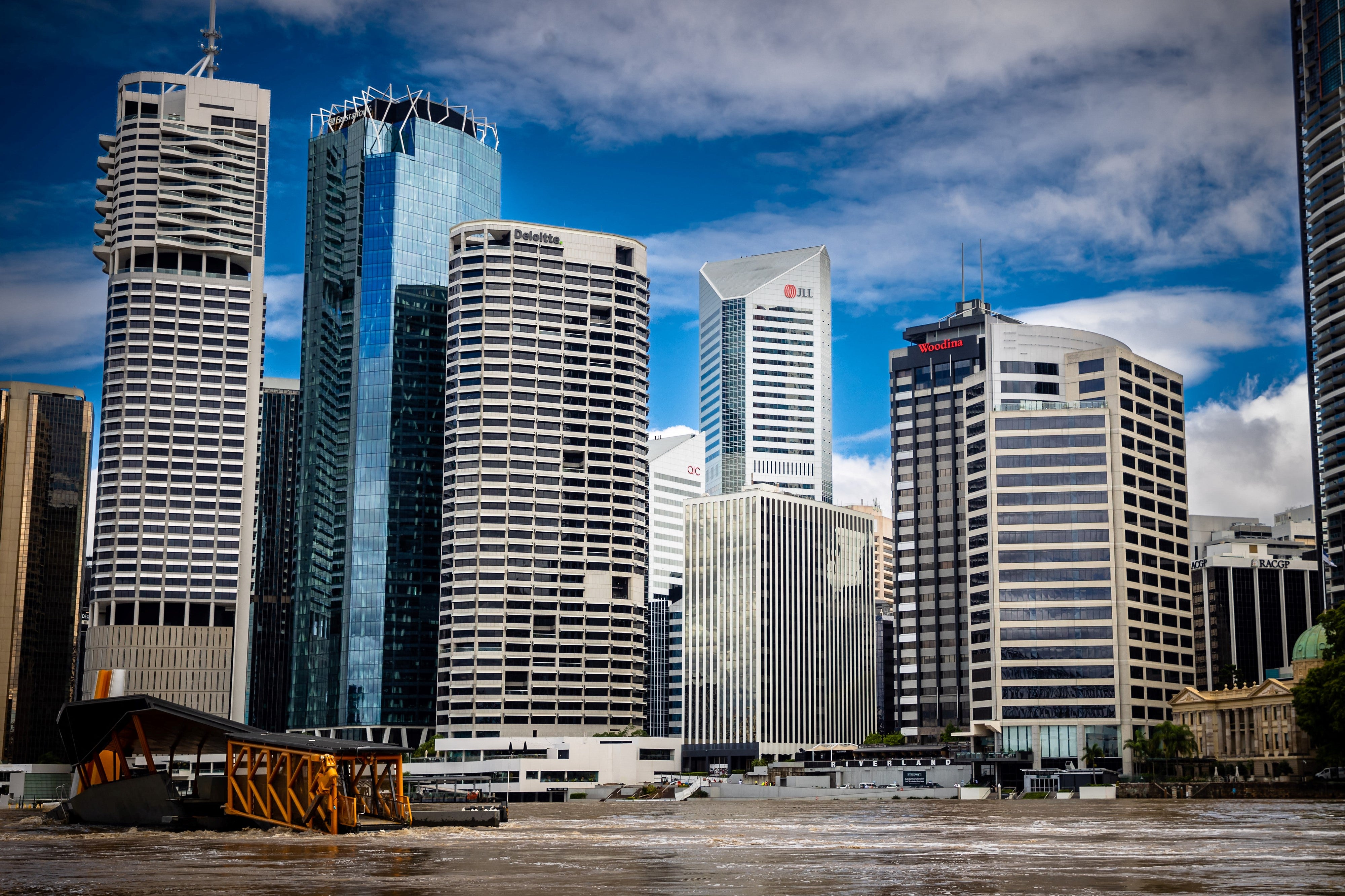Cities facing flooding and ‘unbearable’ heat but key to tackling climate crisis, UN report says
Making urban environments greener can support both climate action and fairer society, IPCC author says

Cities are hotspots for the damaging impacts of the climate crisis but are also where key opportunities for tackling the emergency lie, according to a new landmark report by the United Nations.
Human health, livelihoods and infrastructure, including transport, water and sanitation in urban settings are being negatively impacted by rising global temperatures, the Intergovernmental Panel on Climate Change (IPPC) said.
The world’s leading authority on climate science said marginalised communities were disproportionately feeling the effects of the climate crisis in cities.
The new IPPC report – written by 270 scientists from dozens of countries around the world – focused on the impacts and risks of a warming world on people and nature, as well as how to adapt and become more resilient.
Its authors said with “high confidence” heatwaves were increasing in intensity in cities.
Extreme weather events like these – as well as others unfurling over time such as rising sea levels – were compromising infrastructure such as transportation, water, sanitation and energy systems in urban settings, impacting wellbeing and the economy, they said.
Mark Watts, from the C40 Cities group of mayors taking action on climate change, has called city residents “on the front line of a worsening vulnerability to climate impacts” – including from deadly flooding, sea-level rise and “unbearable” urban heat.
But while cities, where more than half of the world’s populations now live, were identified as hotspots for feeling climate impacts, the report also suggested making them greener could have huge potential in tackling the crisis.
The IPPC scientists said the “global trend of urbanisation” offered “a critical opportunity” in the next two decades to create a world more resilient to the climate emergency.
Urban populations are growing rapidly and there are “unmet needs for healthy, decent, affordable and sustainable housing and infrastructure”, they said.
Retrofitting and upgrading infrastructure can make cities better able to adapt to the climate crisis, while new urban spaces can be designed to reduce the vulnerability of communities to effects of warmer temperatures, the authors said.
“Urban adaptation measures can enhance social capital, livelihoods, human and ecological health as well as contributing to low carbon futures,” the IPCC authors said.
Debra Roberts, a co-chair of the working group behind the report, said: “Together, growing urbanisation and climate change create complex risks, especially for those cities that already experience poorly planned urban growth, high levels of poverty and unemployment, and a lack of basic services.”
She added: “But cities also provide opportunities for climate action – green buildings, reliable supplies of clean water and renewable energy, and sustainable transport systems that connect urban and rural areas can all lead to a more inclusive, fairer society.”
Join our commenting forum
Join thought-provoking conversations, follow other Independent readers and see their replies
Comments
Bookmark popover
Removed from bookmarks